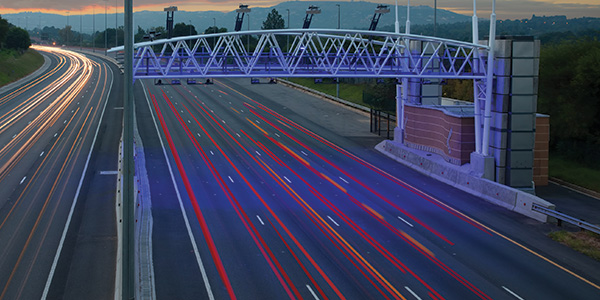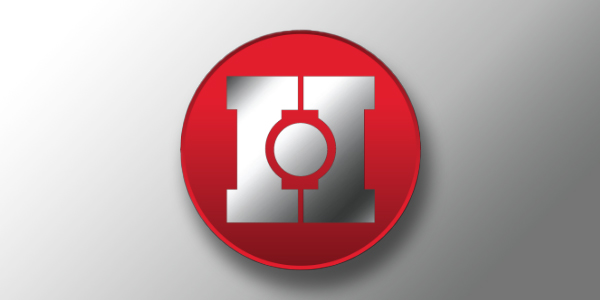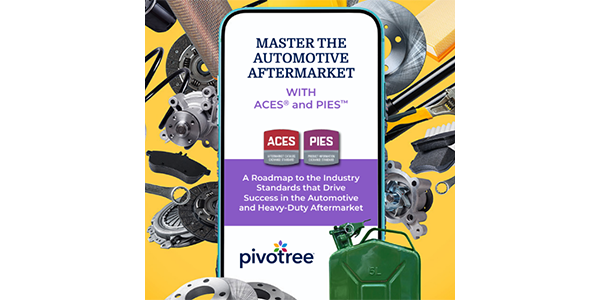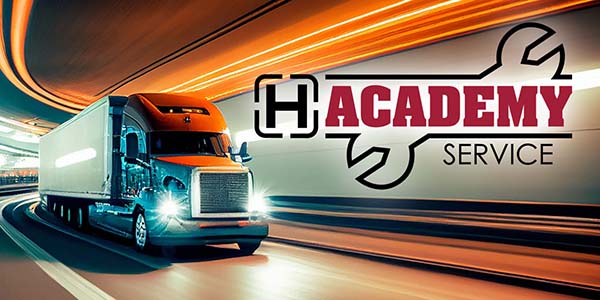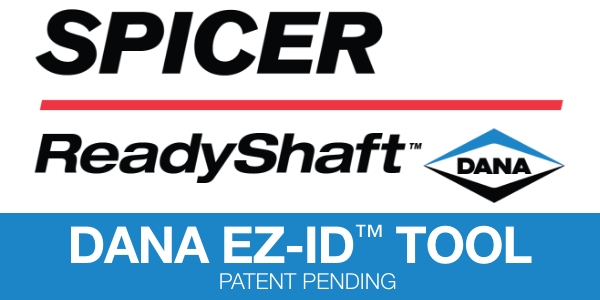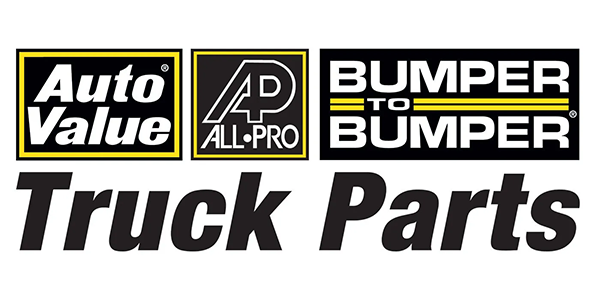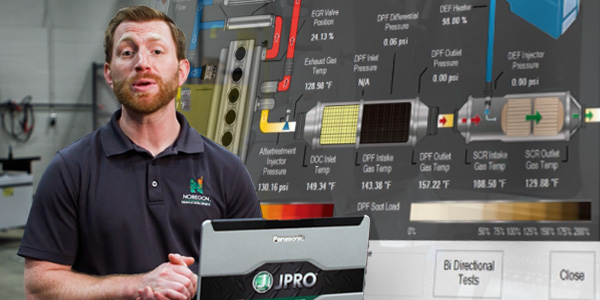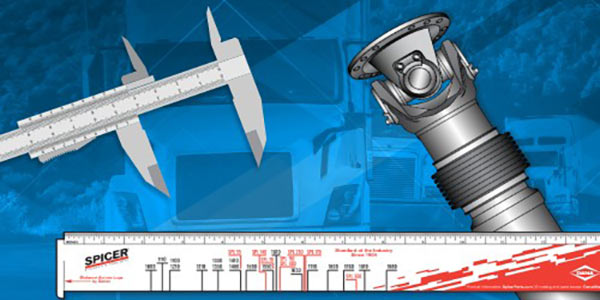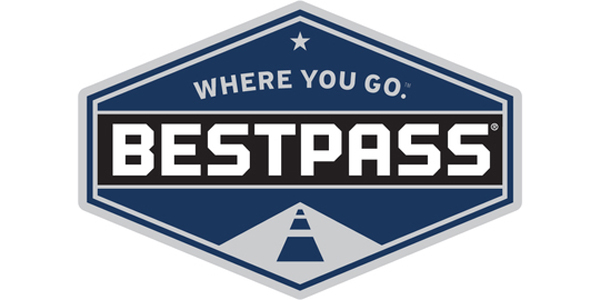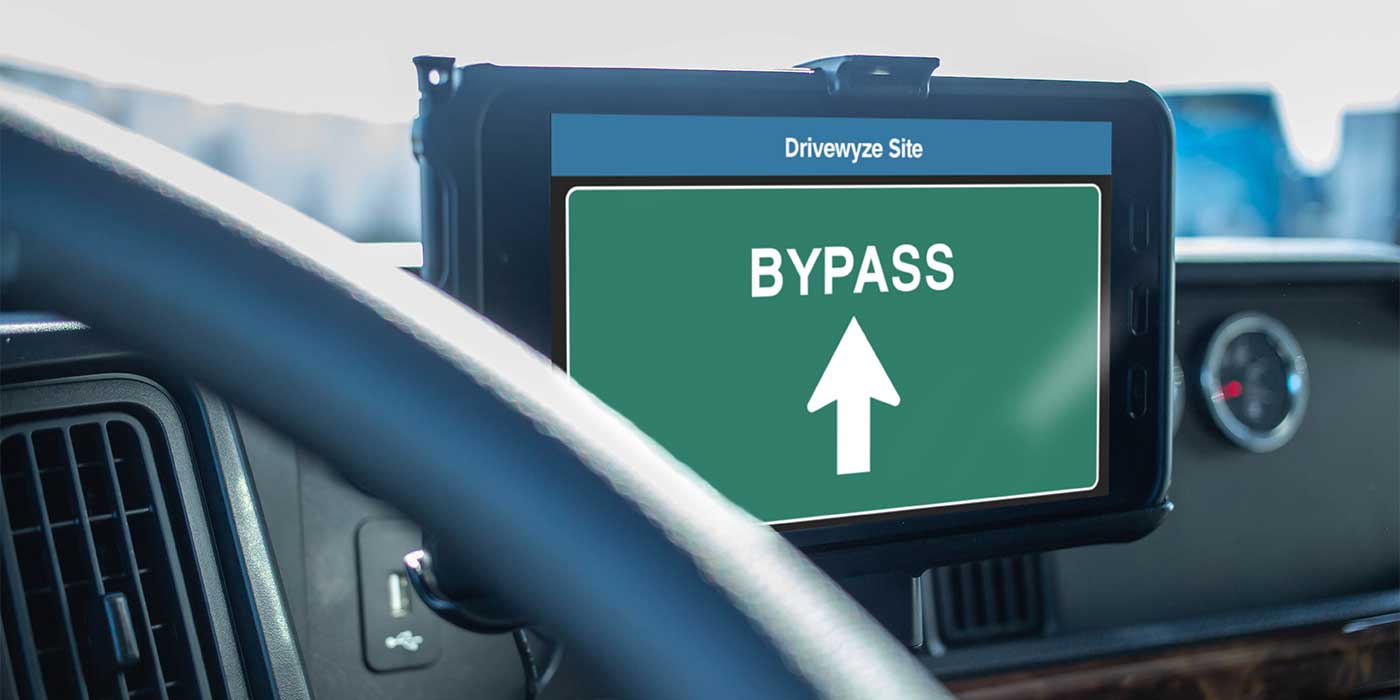As toll costs and the number of toll lanes continue increasing, trucking firms need technology that helps them manage toll spending.
“It is said there are two certainties in life: death and taxes. But in trucking, the certainties are regulations and tolls,” said Kelly Frey, chief revenue officer for PrePass, in a recent webinar “How are Tolls Affecting Your Profitability Per Lane?”
Frey noted that 35 states have tolling stations operated by dozens of tolling agencies. Collectively, these tollways generate about $15 billion annually from commercial fleets.
The sheer number of toll agencies and stations complicates managing toll payments. Frey explained, “If you have to maintain and pay a bill to 50 different agencies, and you have hundreds or thousands of trucks rolling across the nation, it gets complicated very fast.”
But if companies cannot wrangle these numbers, he warned, their financial risks quickly compound.
Frey said this risk multiplies as federal, state, and county governments emphasize needed infrastructure investments. While fuel taxes may cover these improvements, he says all too often, government entities divert fuel tax revenue to other projects.
Governmental bodies may also add highway tolls to generate additional money for infrastructure improvements. This strategy increases the number of toll agencies and the number of toll roads. It also often increases toll amounts, and the use of variable tolls and road use charges. More than 50 jurisdictions seek to add road use taxes in the future, and some Northeastern tollways now include congestion tolls.
Trucking firms must factor these changes into their routing and dispatch decisions. “It can have an enormous impact on profitability if you cannot identify and reclaim those additional toll charges,” Frey said. “Road tolls for commercial vehicles have skyrocketed 73%.”
Toll charge mistakes can lead to big penalties.
Toll authorities collect toll payments in one of three ways:
· Transponders in the vehicle’s cab,
· Stickers with an RFID tag in the cab, or
· License plate readers.
Every tolling agency also offers different price rates. Most provide better rates for transponders versus license plate readers, offer lower prices in non-peak travel times, and discount tolls once firms hit toll spending thresholds. However, fleets must still make sure toll companies apply these discounts. Toll costs increase when trucking firms incur penalties or make late payments. Toll companies also levy fines when trucks speed through a toll booth.
INFORM™ Tolling monitors for incorrect toll charges.
PrePass INFORM Tolling software helps fleets maximize available discounts, consolidates toll agency statements into a single bill, provides insight into overcharges, and allows customers to file disputes with each agency.
“We are proponents of making it efficient and effective for fleets to manage their toll programs,” Frey said. “If you do that, you can avoid what most large, cross-country fleets have, which is a lack of visibility into their toll spend, lack of control on that spend, and the potential for theft and fraud when employees use company transponders for personal use.”
PrePass also helps companies in financial audits. For example, if a fleet reports they incurred a charge for business reasons, but an employee used the transponder on his day off, the fleet can face IRS penalties.
“Without a tolling plan, there is significant risk from a financial perspective,” Frey stressed. “When you have route data, driver data, and load data to prove that you were there and didn’t run the full toll road, you can turn tens of thousands of dollars back to the business. With large fleets, it can be millions and tens of millions of dollars a year in avoided penalties from toll agencies.”
INFORM Tolling is provided at no additional cost to PrePass customers, which gives fleets total visibility into their tolling spend. “You cannot manage what you cannot measure,” Frey said. “If you don’t know what your spend is and why you’re making your toll decisions, how can you manage that spend?”
PrePass helps fleet operators discover where they spend money and opportunities for cost reduction. Frey explained, “Data is great. The more data you have, the better chance you have of control. Taking toll data and integrating it into back-office systems with PrePass gives you better visibility and control.”
Start working to improve your toll cost management. Read the “Toll Management Software Helps Carriers Save Time and Money” e-book now or get a personal demonstration of INFORM Tolling from PrePass.
PrePass – Strategic Consultants at Work for You
PrePass® consultants provide industry and technical expertise to boost improvement within your organization. We start by understanding your business operation, goals, objectives, and business challenges. Together, PrePass helps you improve safety, reduce compliance risk, and control operating costs within a single, comprehensive program. This includes weigh station bypass, toll payment management and data insight tools. Learn more at www.prepass.com. Contact PrePass today at prepass.com/contact or by calling (800) 773-7277, option #2.

